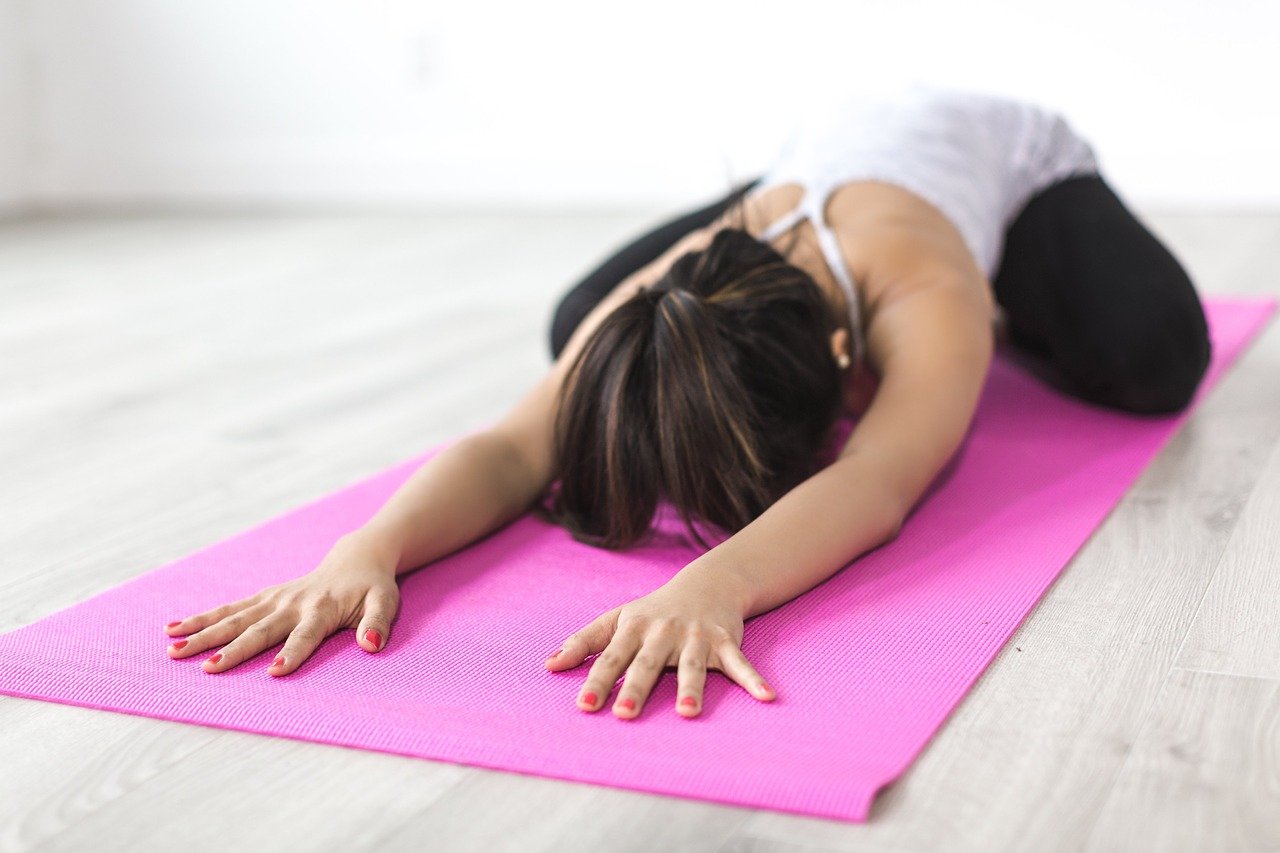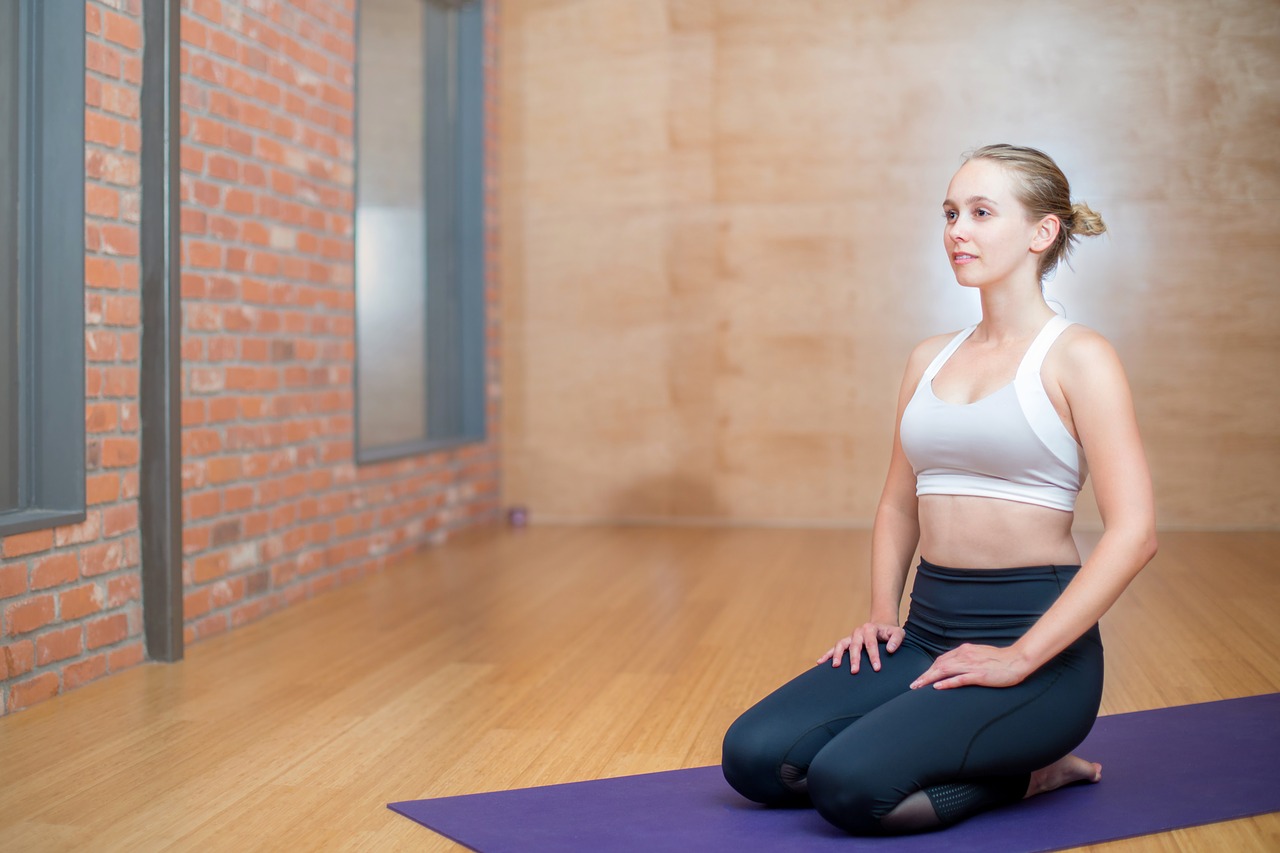 None of us can deny that cold weather workouts are far more challenging then summer workouts. During the winter season, our bodies lose heat faster, and it may be challenging to maintain the core temperature of our internal organs as we work out. This is why working out in cold weather requires some added preparation starting with wearing more layers [of clothing] to stay warm, which in turn could cause discomfort making it more difficult to exercise. Such challenges prompt many to simply stay indoors and watch Netflix instead. With that said, let’s first share how our bodies change during the winter months before we get into the five benefits of outdoor winter workouts.
None of us can deny that cold weather workouts are far more challenging then summer workouts. During the winter season, our bodies lose heat faster, and it may be challenging to maintain the core temperature of our internal organs as we work out. This is why working out in cold weather requires some added preparation starting with wearing more layers [of clothing] to stay warm, which in turn could cause discomfort making it more difficult to exercise. Such challenges prompt many to simply stay indoors and watch Netflix instead. With that said, let’s first share how our bodies change during the winter months before we get into the five benefits of outdoor winter workouts.
Per BestLifeOnline.com, there are several ways out bodies adapt to the winter season. For one, the colder temperatures cause our blood vessels to constrict resulting in an increase in our blood pressure levels and “less” blood flow to our brains resulting in headaches and migraines. Then, the dry air irritates our airways [lungs] resulting in colds, flus, and the like, while our skin dries out easily since it tends to evaporate water quicker during the winter. The lack of sun exposure contributes to lower Vitamin DVitamin D, often referred to as the "sunshine vitamin," is crucial for various physiological processes in the body. Its primary role is in calcium absorption and bone health, as it More levels and less ability to fight off colds, flus, etc., along with less of a desire to “go out into the cold” resulting in extra winter pounds [“baby fat”]. Not to mention, decrease serotonin levels leading to decrease in positive mood. Ultimately, discipline is key for starting (or maintaining) a workout during the winter. But for those up for the challenge, those seven benefits highlight why your body (and mind) will thank you for later.
Reason #1: It Improves Your Mood
Seasonal Affective Disorder (SAD) or ‘winter blues’ is characterized by depression. According to research published in Psychiatry, approximately 20 percent of Americans suffer from mild to severe depression during the winter. One of the best ways of combating these feelings of sadness is by working out since workouts can help our bodies secrete more feel-good hormones. Researchers have found that workouts are up to 4 times more effective than taking antidepressants in the relief of depression symptoms. If you decide to exercise outdoors, you will not only get fresh air and boost your mood but also get a good dose of vitamin D (depending on the time of day).
Reason #2: It Boosts Your Immune System
As our bodies adjust to the change season, the ability to become sick (or sicker) during the winter is inevitable and not necessary because you can “catch a cold” from someone else. Simply being confined long-term to a heated room of dry, stagnant air can expose you to even more environmental conditions – mold, dust, etc., that could lead to sickness, especially among those who already suffer from respiratory conditions such as year-round allergies, asthma, bronchitis, and the like, as compared to being outdoors.
Reason #3: Its A Great Cardiovascular Exercise
Both your body and the cardiovascular system works harder when working out in the cold weather. Not just your heart, but all of your organs work harder to pump blood. In addition to eating healthy whole foods, exercising year round keeps them all healthy and strong.
Reason #4: It Makes Increasing Workout Intensity Less Difficult
If you like to run, bike, or walk, the humidity and heat of summer can make it challenging to “go the extra mile”. On the other hand, cold weather makes it easier to handle more intensity workouts since you are not subjected to that stress brought on by more intense temperatures [humidity]. According to a study that was published in Medicine and Science in Sports and Exercises, marathon runners recorded slow performance in warm temperatures as compared to colder temperatures. But of course, before you start, it is recommended to do an adequate warm-up to relax your muscles before beginning your winter exercise regime especially if outdoors.
Reason #5: You Burn More Calories
When working out during winter, your metabolism will speed up. It also works faster, and thus you end up burning more fat. An increased metabolism rate means that you may end up losing a few pounds instead of packing on winter fat. But honestly, intense workouts aren’t needed to burn calories. Just 20 minutes a day is more than enough to increase your heart rate and improve your overall health all winter long.




One Comment
Pingback: